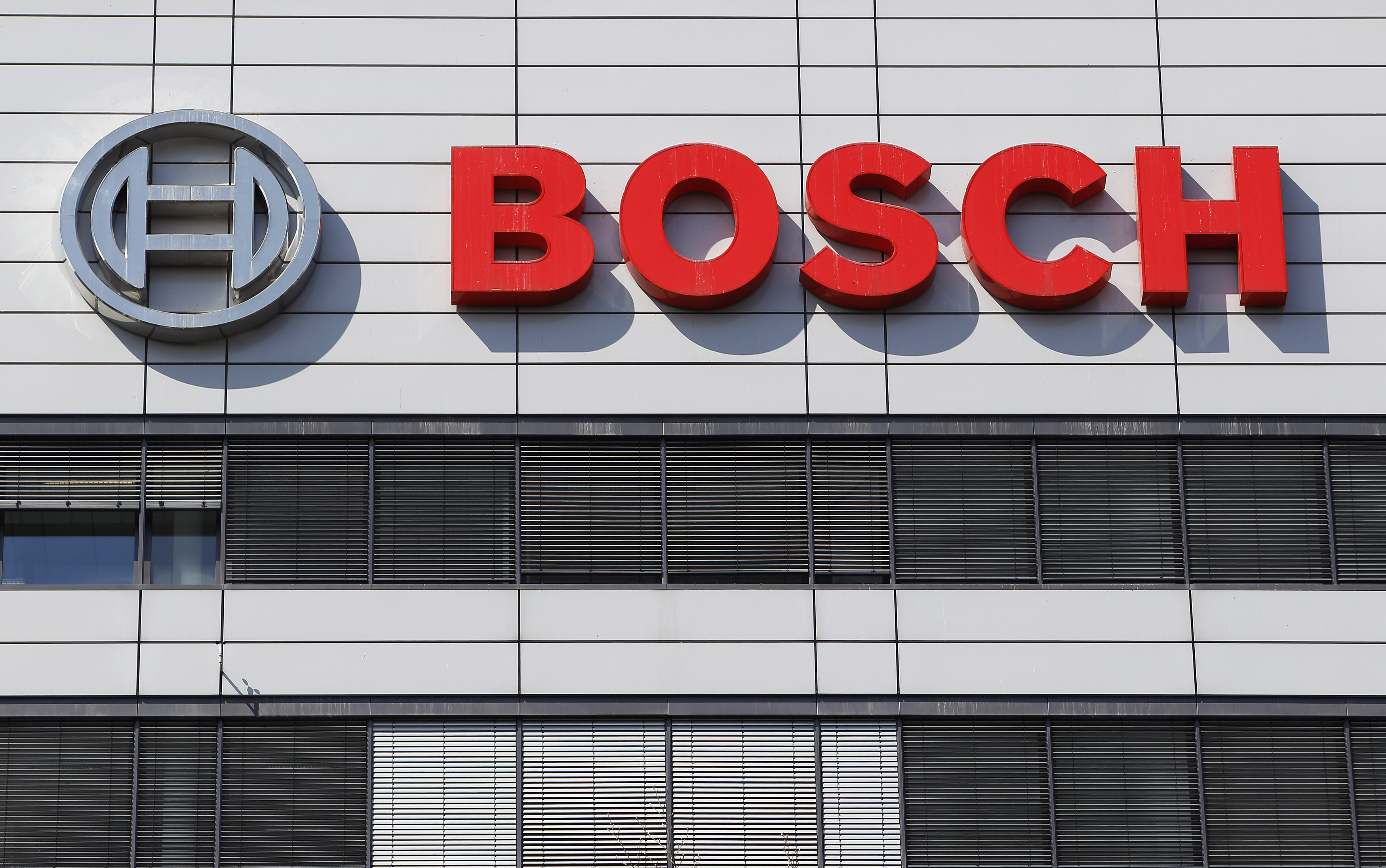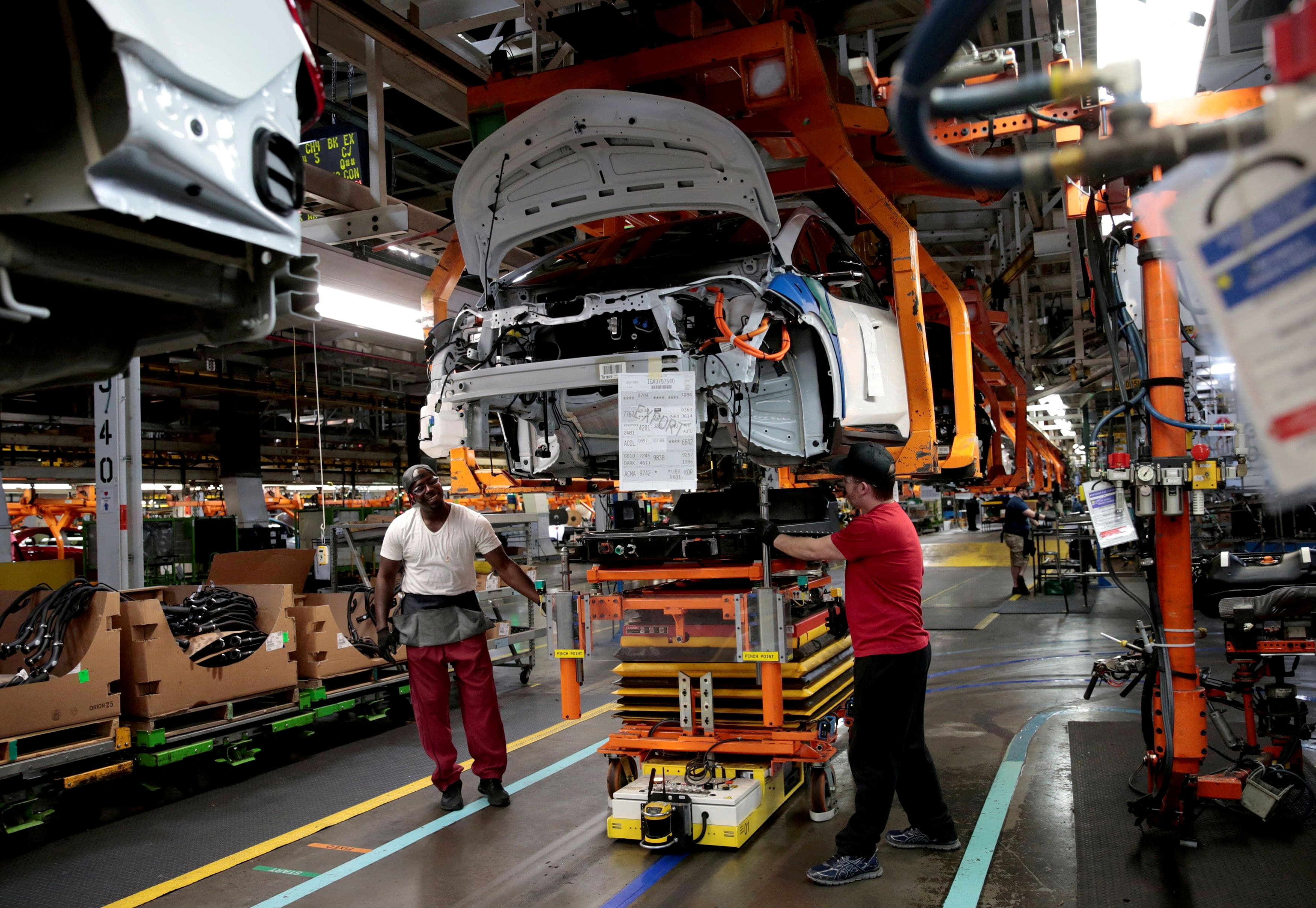The automotive industry is on the verge of a seismic shift as electric vehicles (EVs) gain momentum, leaving traditional auto suppliers struggling to adapt. Major players like Bosch, Continental, and Denso, once financial powerhouses, are now feeling the heat as their role in the automotive supply chain is fundamentally challenged. The rise of EVs is not just a trend; it"s a transformation that could cost thousands of jobs and exacerbate economic inequality.
Traditional Suppliers Face Existential Crisis
According to a recent analysis by PwC, the shift towards EVs puts traditional auto suppliers at a significant disadvantage. Components essential to internal combustion engines are largely absent in EVs, meaning that the supply chain needs a radical overhaul. This evolution in the market is not merely a challenge; it is a potential death knell for firms that have thrived for decades on the old model of automotive manufacturing.
Job Losses Could Reach Thousands
With the transition to EVs, job losses in the automotive sector are projected to be staggering. A recent report indicates that up to 1,000 jobs could vanish in the next few years as suppliers struggle to pivot to new technologies. Workers—many of whom come from marginalized communities—are now facing uncertain futures. This shift places a heavy burden on employees who have dedicated their lives to an industry that is rapidly changing beyond recognition.
\n\n
Bosch looks to growth in cars, heating systems | Reuters
Rising Inequality in the Automotive Sector
The economic implications of this transition are troubling. As reported by C Reyes, the adoption of EVs is reshaping the automotive supply chain, particularly in battery production. The skilled labor required for EV components contrasts sharply with the unskilled labor that dominates traditional auto manufacturing. This shift could deepen existing economic divides, creating a gap between those who can adapt to the new technologies and those who cannot.
Government Response Lacking
Despite the looming crisis, federal support for workers and suppliers is nowhere to be seen. The National Electric Vehicle Infrastructure program, designed to facilitate the transition to EVs, has faced legal challenges and potential repeal under the second Trump Administration. Without robust government intervention, the automotive industry risks exacerbating economic inequality rather than alleviating it.
\n\n
Continental to keep investing in Lithuania despite China ...
Need for Comprehensive Workers’ Rights Protection
The urgency of this situation cannot be overstated. As the auto industry pivots towards a digital and decarbonized future, the rights of workers must be front and center. Workers" rights advocates are calling for comprehensive policies that not only support workers in transitioning to new roles but also ensure that those who have been left behind are not forgotten. The urgency for policies that prioritize economic justice has never been clearer.







![[Video] Gunfire between Iraqi security forces and Sadr militias in Baghdad](/_next/image?url=%2Fapi%2Fimage%2Fthumbnails%2Fthumbnail-1768343508874-4redb-thumbnail.jpg&w=3840&q=75)
